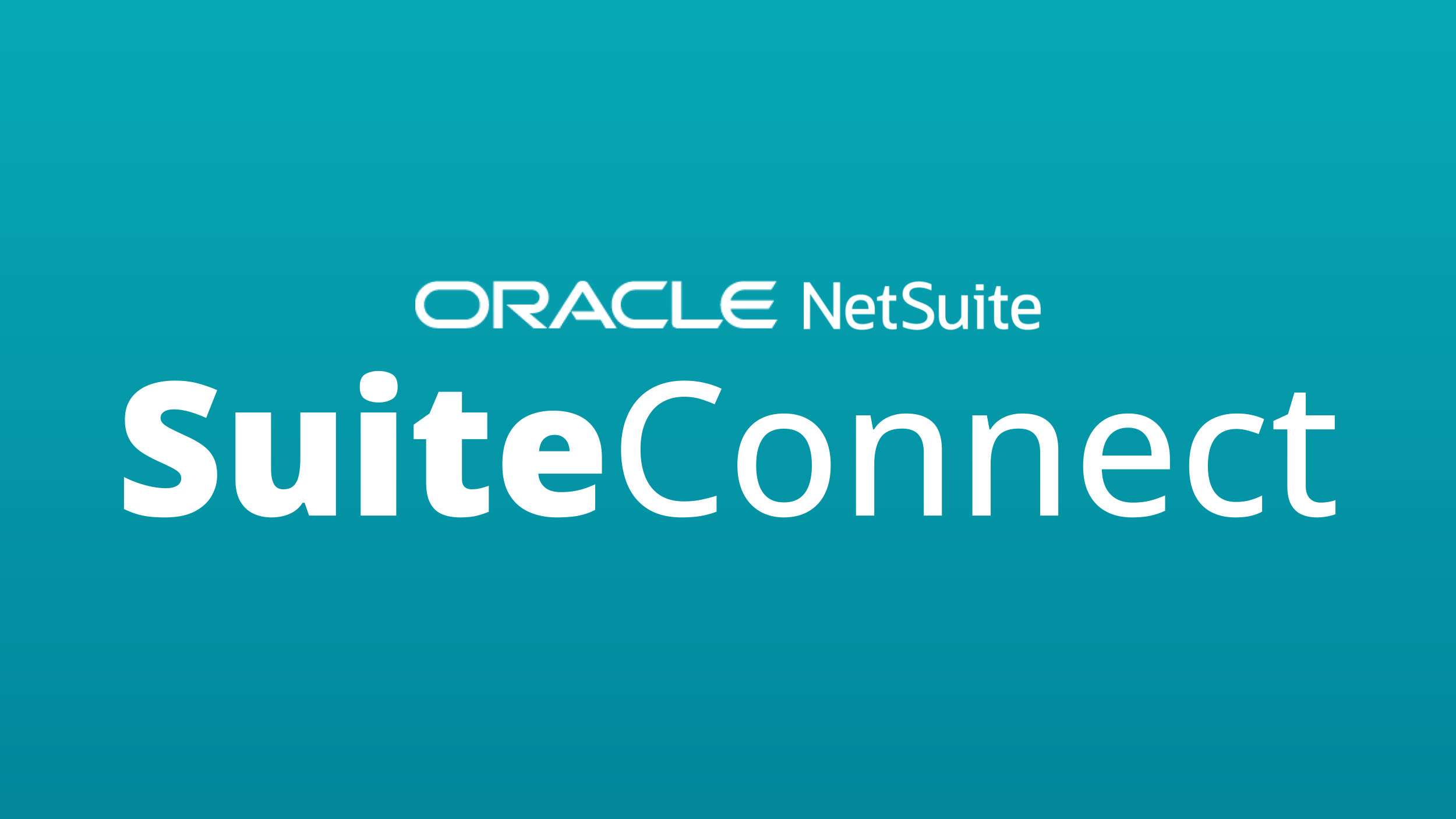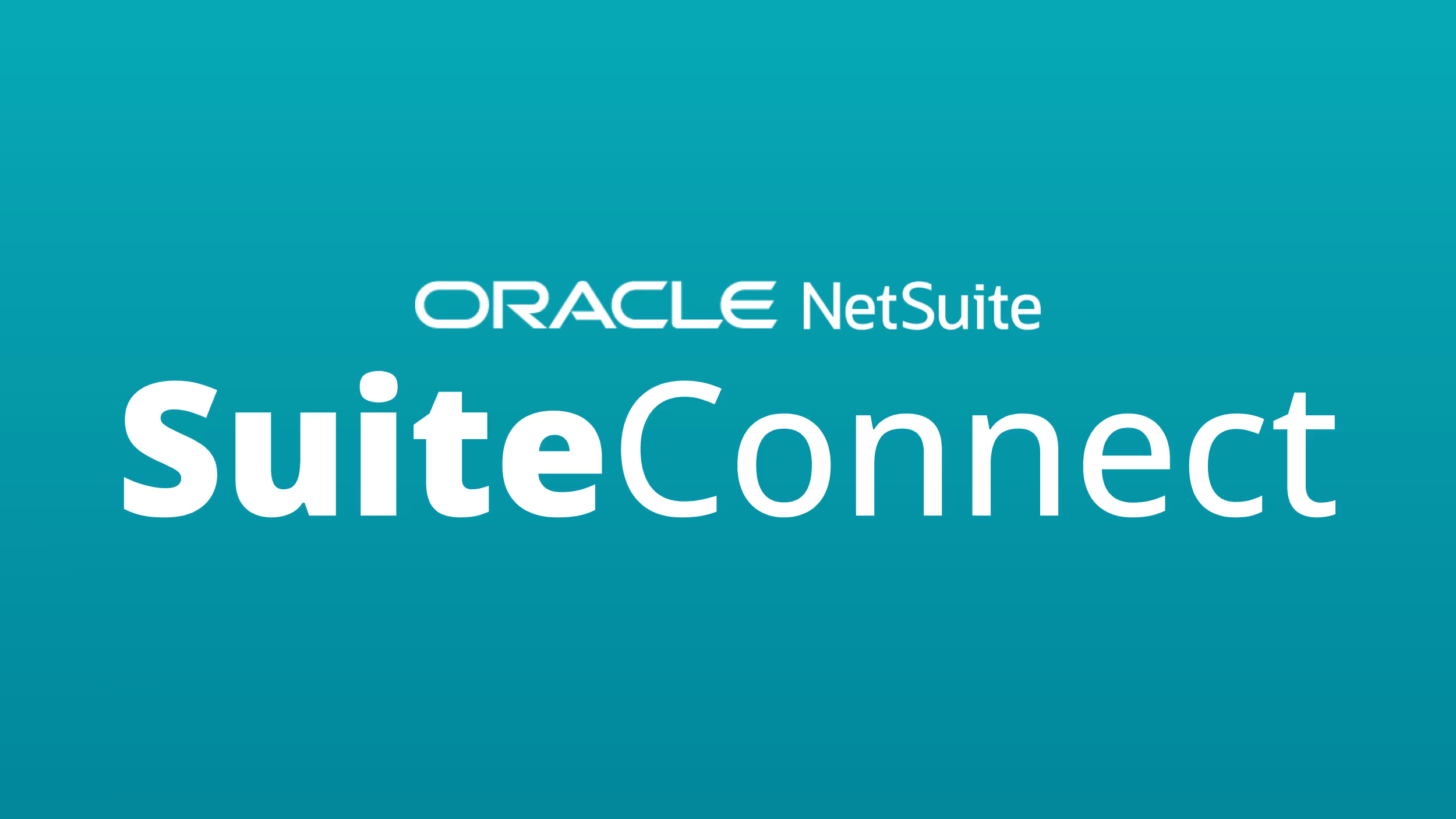Modernizing Order to Cash: A CFO’s Guide to Scalable Billing

Register for this Webinar
About the Event
For CFOs in SaaS and tech companies, the Order to Cash cycle has become a pressure point; one that can quietly drain revenue, blur forecasts, and frustrate cross-functional teams. As pricing models become more dynamic and customer expectations shift, legacy billing workflows simply can’t keep up.
Join us and the CFO Leadership Council for a fast-paced, 60-minute session exploring how modern finance leaders are embracing usage-based billing and automation to build resilient, efficient, and scalable revenue operations. This session is built specifically for CFOs and finance leaders dealing with high-volume contracts, product-led growth, or hybrid pricing models.
But billing isn’t just a finance problem. Sales, product, and engineering teams also have skin in the game. You’ll walk away with insights into how to align departments and choose solutions that work for everyone — from accurate revenue recognition to seamless API integrations.
What to expect
In this webinar, you’ll learn how to:
- Spot hidden friction in your current Order to Cash lifecycle — and what it’s costing you.
- Use automation to reduce DSO, audit risk, and manual effort.
- Support usage-based and hybrid pricing models without engineering bottlenecks.
- Evaluate whether your current billing system is built to scale (or holding you back).
- Align product, engineering, and finance when choosing a billing platform — with real-world examples of what technical teams care about (think: usage aggregation, API access, customer portal visibility).
About the Speaker

Jon Leipzig has spent the last 15+ years in the Quote-to-Cash (Q2C) space, working across finance, solution architecture, consulting, and product development—all within the NetSuite ecosystem. A former finance and accounting leader, he’s helped hundreds of high-growth software companies navigate Q2C digital transformation. Jon brings deep expertise in complex pricing strategies, hybrid billing models, and automated revenue recognition.
Modernizing Order to Cash: A CFO’s Guide to Scalable Billing
About the Event
For CFOs in SaaS and tech companies, the Order to Cash cycle has become a pressure point; one that can quietly drain revenue, blur forecasts, and frustrate cross-functional teams. As pricing models become more dynamic and customer expectations shift, legacy billing workflows simply can’t keep up.
Join us and the CFO Leadership Council for a fast-paced, 60-minute session exploring how modern finance leaders are embracing usage-based billing and automation to build resilient, efficient, and scalable revenue operations. This session is built specifically for CFOs and finance leaders dealing with high-volume contracts, product-led growth, or hybrid pricing models.
But billing isn’t just a finance problem. Sales, product, and engineering teams also have skin in the game. You’ll walk away with insights into how to align departments and choose solutions that work for everyone — from accurate revenue recognition to seamless API integrations.
What to expect
In this webinar, you’ll learn how to:
- Spot hidden friction in your current Order to Cash lifecycle — and what it’s costing you.
- Use automation to reduce DSO, audit risk, and manual effort.
- Support usage-based and hybrid pricing models without engineering bottlenecks.
- Evaluate whether your current billing system is built to scale (or holding you back).
- Align product, engineering, and finance when choosing a billing platform — with real-world examples of what technical teams care about (think: usage aggregation, API access, customer portal visibility).
About the Speaker

Jon Leipzig has spent the last 15+ years in the Quote-to-Cash (Q2C) space, working across finance, solution architecture, consulting, and product development—all within the NetSuite ecosystem. A former finance and accounting leader, he’s helped hundreds of high-growth software companies navigate Q2C digital transformation. Jon brings deep expertise in complex pricing strategies, hybrid billing models, and automated revenue recognition.


